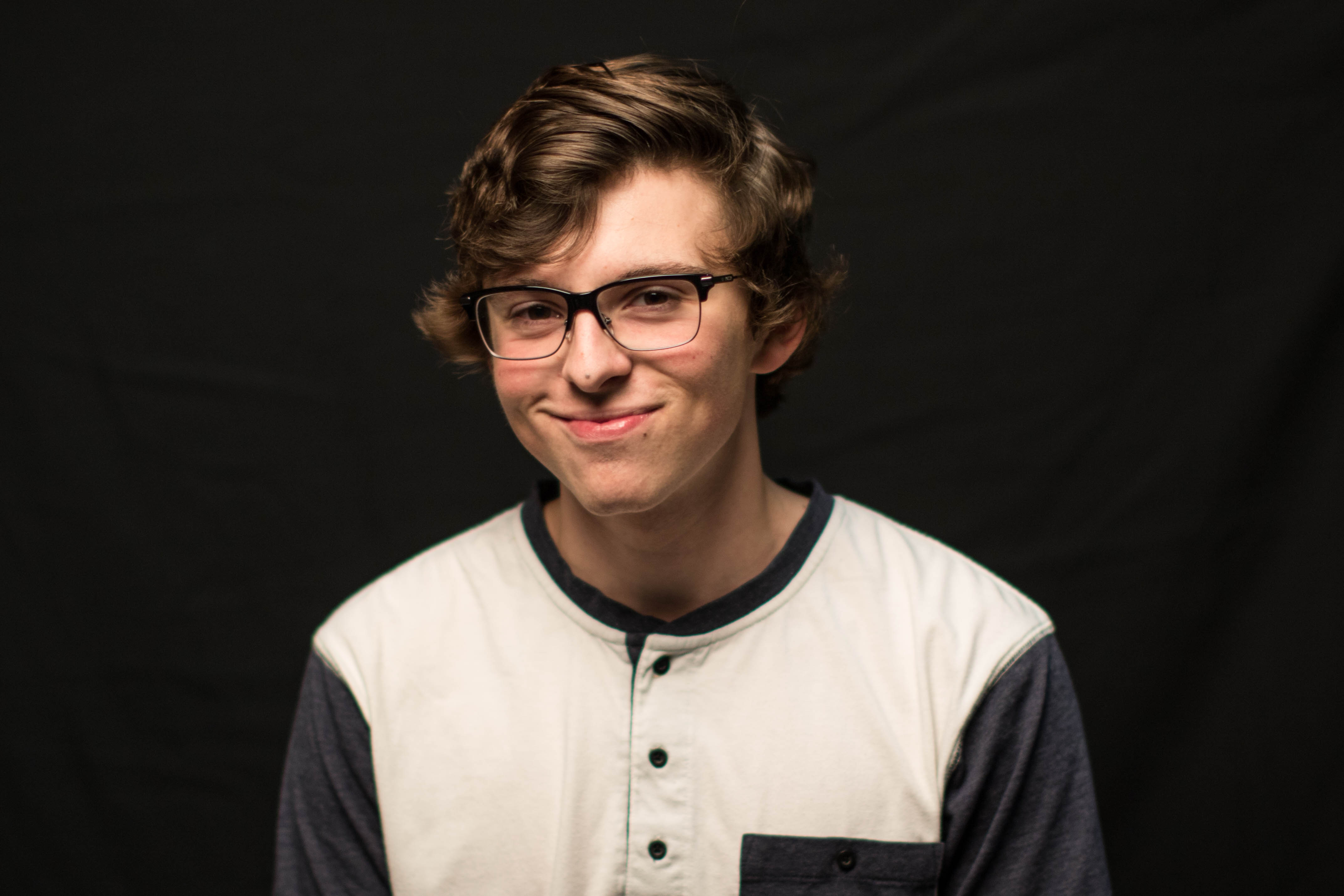
How to find rain in a mental drought
This summer, I hit a creative clouding. Maybe it was the 40-hour work week. Maybe it was no outlet to contribute to. Maybe it was just summer, when no one is really required to think.
Nonetheless, thinking is hard, and when you want to do it better than anyone else, pressure creeps into the back of your brain and distracts you from using it correctly.
Determined to halt the mental drought, I gravitated toward art and literature. If there was anything to ail the creative void, it would be the creators themselves.
So, I hunkered down and read — books and articles and essays and lyrics — not particularly searching for answers, but hoping they’d find me.
I attempted to get inside the minds of those I admired, seeking the same currents that ran through their cortexes and trying to replicate them in mine.
Would George Saunders walk through my front door and teach better sentence structure? Would Tyler, The Creator let me hop into his McLaren and converse about emotional intactness as “Flower Boy” played in the background? Would David Foster Wallace call and ask if I wanted to get Qdoba?
No, they wouldn’t, because George Saunders doesn’t know I exist, Tyler is probably at a Tesla dealership and DFW is dead.
When it comes to creation, artists and authors can only assist so far. Each one has their own mind, and if it were easy to enter and observe the configurations, they wouldn’t be worth exploring.
It’s easy to critique their output – everyone does that. But the creative mind is like the deepest sectors of the Pentagon. Few can enter. Some of these minds are beautiful and flowery, like (post “Acid Rap”) Chance the Rapper or Bob Ross. Others are depressed and skewed, like Joan Didion or Roger Waters.
Regardless of mood, they all hold brilliance. I observed the creators, trying to break into their inner workings. But I couldn’t interpret their coding, and instead lustrously stared at the vault, wondering what lie inside. I flipped the pages and jotted my notes, and it worked for awhile. Until it didn’t.
Creativity can’t be duplicated — that would be imitation. You may hold the steel, but if someone else strikes the flint, that’s their fire. Not yours.
Luckily, I rediscovered a system of thought that I knew my way around. Instead of breaking and entering into another’s psyche, I started using mine again.
Anxiety drained from my brainstem, confidence took its place and I took back the flint. Like snowflakes, no mind is identical to another. That’s the beauty of humanity: we function, learn, create and connect in 7.
buy grifulvin online https://cpff.ca/wp-content/languages/new/canadaa/grifulvin.html no prescription
5 billion ways.
Learn from the minds around you, but don’t latch to them like a parasite. Each mind finds fulfillment in different ways, and imitating one will leave you empty.
Most of us will never write like Hemingway, calculate like Einstein or paint like Warhol. And that’s okay, because they are them, you are you and I am me.
As much as I want Qdoba with David Foster Wallace, I no longer want to be him. And that has made all the difference.
